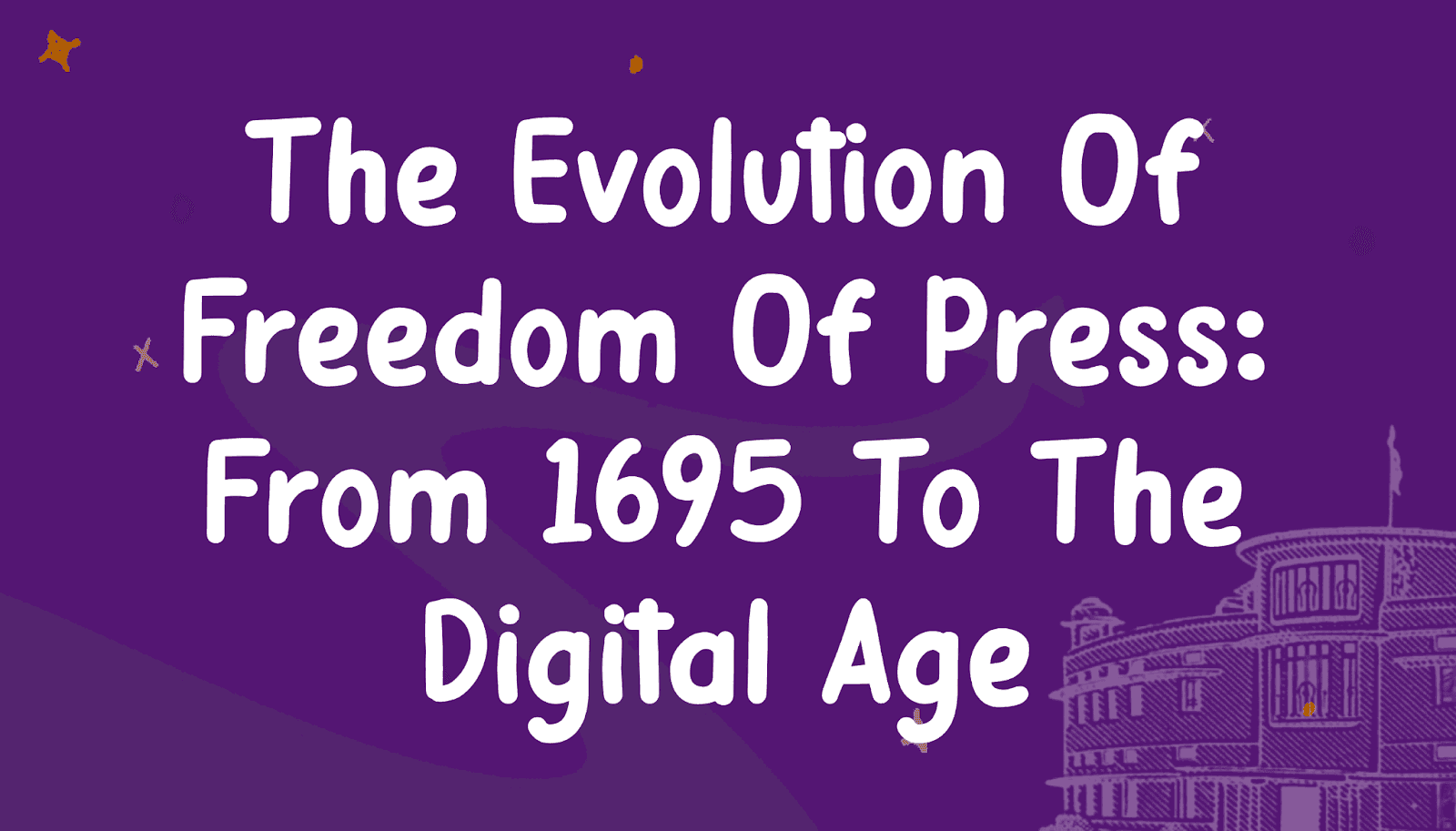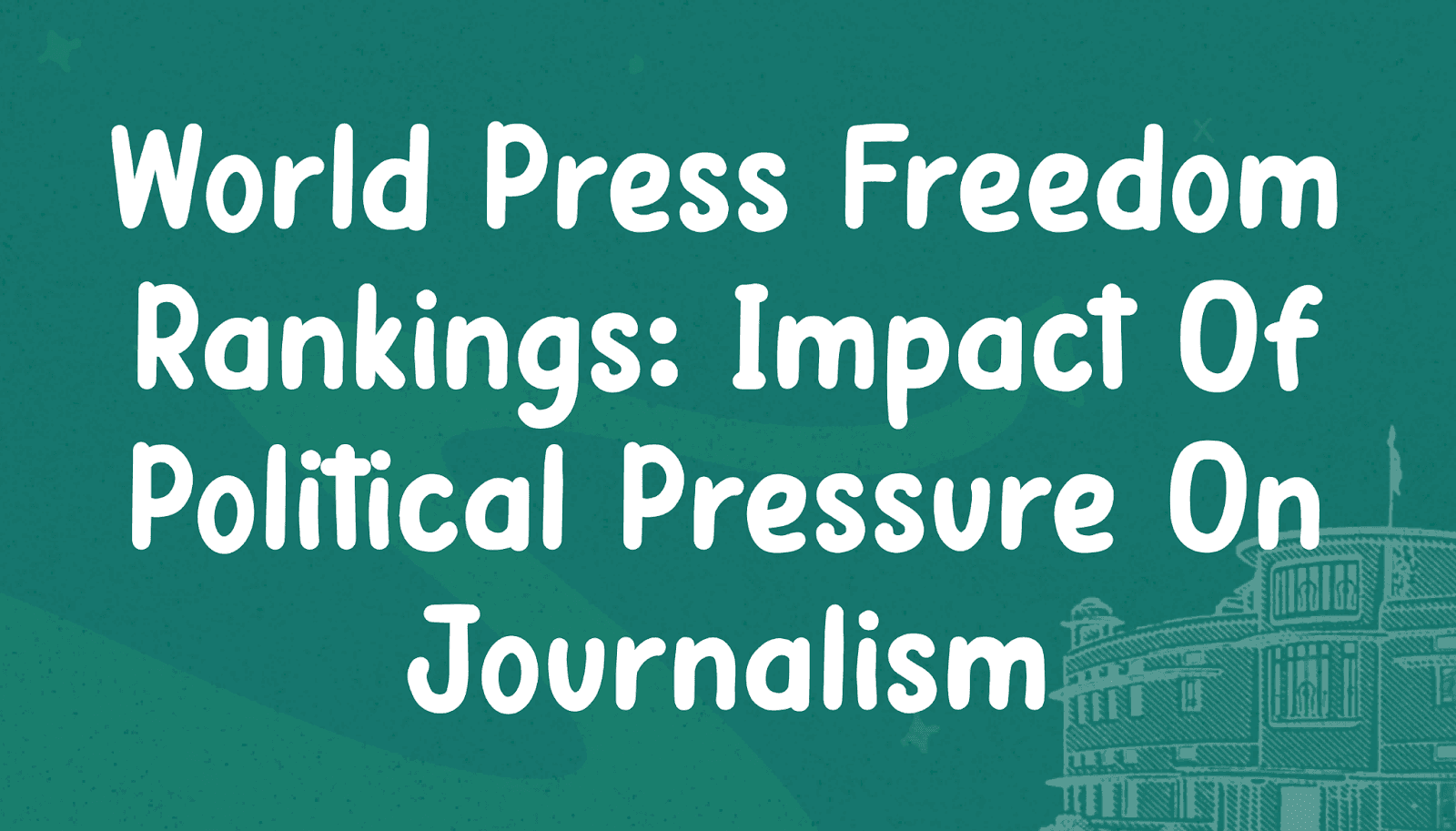UPSC Civil Services Exam 2025 Syllabus for Prelims and Mains
Apr, 2025
•4 min read
Are you dreaming of becoming an IAS, IPS, or IFS officer? Then understanding the UPSC Civil Services Exam 2025 syllabus is your first step in your preparation journey! Every year, lakhs of aspirants appear for the UPSC exam, but only a handful make it to the final list. What sets them apart? A clear understanding of the syllabus and a well-planned preparation strategy.
In this guide, we’ll break down the complete syllabus for both Prelims and Mains, helping you build a strong foundation for your UPSC journey. Ready to get started? Let’s start by understanding the examination structure.

Understanding the UPSC Civil Services Exam
The UPSC Civil Services Examination is a challenging, multi-tiered selection process to identify the finest minds for India’s elite civil services. To succeed, aspirants need to understand the exam's structure thoroughly. It consists of three pivotal stages:
- Preliminary Examination (Prelims)
- Main Examination (Mains)
- Personality Test or Interview
Each stage presents unique challenges and demands a strategy for preparation. To tackle this process effectively, let's break down what each phase entails and how you can approach it systematically.
Preliminary Examination: Stage I
The Civil Services Preliminary Examination consists of two papers. All questions are of multiple-choice type (MCQs) with four different options. The exam duration is 2 hours.
- General Studies Paper-I (GS-I): Covers a wide range of topics including history, geography, polity, economy, science, environment, and current affairs. It is the deciding paper for qualifying for the Mains.
- General Studies Paper-II (CSAT): Tests aptitude, logical reasoning, reading comprehension, and decision-making. It is a qualifying paper, which means candidates must secure a minimum of 33% marks (66 out of 200) to qualify for the General Studies Paper I. The marks obtained in CSAT are not counted for the final merit list but are crucial for determining eligibility for the next stage of the UPSC examination.
 |
Syllabus of Paper I
- Current events of National & International importance.
- History of India & Indian National Movement.
- Indian & World Geography – Physical, Social, Economic Geography of India & the World.
- Indian Polity & Governance – Constitution, Political System, Panchayati Raj, Public Policy, Rights Issues, etc.
- Economic & Social Development – Sustainable Development, Poverty, Inclusion, Demographics, Social Sector Initiatives, etc.
- General issues on Environmental ecology, Bio-diversity & climate change – that do not require subject specialization.
- General Science
Syllabus of Paper II
- Comprehension
- Interpersonal skills including communication skills
- Logical reasoning and analytical ability
- Decision-making and problem-solving
- General mental ability
- Basic numeracy (numbers and their relations, orders of magnitude, etc. – Class X level) Data interpretation (charts, graphs, tables, data sufficiency, etc. – Class X level)
Also read: Understanding and Calculating Negative Marking in UPSC Prelims
Mains The Descriptive Examination: Stage II
Candidates who clear the Prelims advance to the Main Examination, which is the heart of the UPSC exam. The Mains consist of nine descriptive papers, which assess a candidate's in-depth knowledge, analytical abilities, and writing skills. These include:
- These seven papers that count towards the final ranking add up to 1750 marks.
- Qualifying Papers (Paper-A and Paper-B) are mandatory to pass, but their marks do not add to the total.
Mains The Descriptive Examination: Stage II
Candidates who clear the Prelims advance to the Main Examination, which is the heart of the UPSC exam. The Mains consist of nine descriptive papers, which assess a candidate's in-depth knowledge, analytical abilities, and writing skills. These include:
- These seven papers that count towards the final ranking add up to 1750 marks.
- Qualifying Papers (Paper-A and Paper-B) are mandatory to pass, but their marks do not add to the total.
UPSC Compulsory Indian Language Paper - A Syllabus
The Indian Language Paper is a compulsory qualifying paper in the UPSC Mains examination. The paper assesses language proficiency equivalent to a Class 10 (Matriculation) standard. Candidates can choose from a wide range of Indian languages listed in the Eighth Schedule of the Indian Constitution. The syllabus is given below:
- Essay Writing: Evaluate the ability to express ideas clearly and effectively in the chosen language.
- Reading Comprehension: Test understanding of main ideas, themes, and nuances in a passage.
- Precis Writing: Assess summarization skills while maintaining the essence of the content.
- Translation Exercises: Evaluate bilingual proficiency and translation accuracy between English and the chosen language.
- Grammar and Basic Language Skills: Test the fundamental understanding of the chosen language, including syntax and vocabulary.
Note: Candidates from the states of Arunachal Pradesh, Meghalaya, Mizoram, and Nagaland are exempted from taking this paper.
UPSC English Language Paper - B Syllabus
The UPSC Compulsory English Paper aims to evaluate a candidate's proficiency in understanding complex descriptive prose and articulating their thoughts with clarity and accuracy. Paper B: English carries a total of 300 marks. To gain a deeper insight into its structure, let's explore its key components.
- Essay writing
- Reading comprehension
- Precis writing
- Translation
- Grammar and vocabulary usage
UPSC Essay Paper Syllabus
- In the UPSC CSE Essay Paper, candidates must write two essays within a 3-hour duration, adhering to a word limit of 1000-1200 words each.
- Each essay is worth 125 marks, making a total of 250 marks.
- The paper is divided into two sections—A and B—each offering a choice of four topics. Aspirants must select and write one essay from each section.
- The topics for essay writing can range from the economy, politics, education, health, women empowerment, environmental issues, human rights, current affairs, science, technology, and more.
- Candidates are expected to stay focused on the chosen topic, organize their thoughts logically, and write with clarity and precision.
- Marks will be awarded for coherence, conciseness, and effective expression.

General Studies Paper I Syllabus– Indian Heritage and Culture, History, and Geography
- Indian culture will cover the salient aspects of Art Forms, literature and Architecture from ancient to modern times.
- Modern Indian history from about the middle of the eighteenth century until the present- significant events, personalities, issues.
- The Freedom Struggle — its various stages and important contributors/contributions from different parts of the country.
- Post-independence consolidation and reorganization within the country.
- History of the world will include events from 18th century such as industrial revolution, world wars, redrawal of national boundaries, colonization, decolonization, political philosophies like communism, capitalism, socialism etc.— their forms and effect on the society.
- Salient features of Indian Society, Diversity of India.
- Role of women and women’s organization, population and associated issues, poverty and developmental issues, urbanization, their problems and their remedies.
- Effects of globalization on Indian society.
- Social empowerment, communalism, regionalism & secularism.
- Salient features of world’s physical geography.
- Distribution of key natural resources across the world (including South Asia and the Indian sub-continent); factors responsible for the location of primary, secondary, and tertiary sector industries in various parts of the world (including India).
- Important Geophysical phenomena such as earthquakes, Tsunami, Volcanic activity, cyclone etc., geographical features and their location-changes in critical geographical features (including water-bodies and ice-caps) and in flora and fauna and the effects of such changes.
Want to ace your UPSC Mains GS 1? Watch this comprehensive analysis of Mains GS 1 2024 and get expert insights that will help you prepare for UPSC Mains 2025/26!
Paper III: General Studies – Technology, Economic Development, Bio-Diversity, Environment, Security, and Disaster Management
- Indian Economy and issues relating to planning, mobilization, of resources, growth, development and employment.
- Inclusive growth and issues arising from it.
- Government Budgeting.
- Major crops-cropping patterns in various parts of the country, - different types of irrigation and irrigation systems storage, transport and marketing of agricultural produce and issues and related constraints; e-technology in the aid of farmers.
- Issues related to direct and indirect farm subsidies and minimum support prices; Public Distribution System-objectives, functioning, limitations, revamping; issues of buffer stocks and food security; Technology missions; economics of animal-rearing.
- Food processing and related industries in India- scope’ and significance, location, upstream and downstream requirements, supply chain management.
- Land reforms in India.
- Effects of liberalization on the economy, changes in industrial policy and their effects on industrial growth.
- Infrastructure: Energy, Ports, Roads, Airports, Railways etc.
- Investment models.
- Science and Technology- developments and their applications and effects in everyday life.
- Achievements of Indians in science & technology; indigenization of technology and developing new technology.
- Awareness in the fields of IT, Space, Computers, robotics, Nano-technology, bio-technology and issues relating to intellectual property rights.
- Conservation, environmental pollution and degradation, environmental impact assessment.
- Disaster and disaster management.
- Linkages between development and spread of extremism.
- Role of external state and non-state actors in creating challenges to internal security.
- Challenges to internal security through communication networks, role of media and social networking sites in internal security challenges, basics of cyber security; money-laundering and its prevention.
- Security challenges and their management in border areas - linkages of organized crime with terrorism.
- Various Security forces and agencies and their mandate.
Watch the Complete Analysis of Mains GS 3 2024 and get expert insights to ace your UPSC Mains in 2025/26.
General Studies Paper IV Syllabus – Ethics, Integrity, and Aptitude
This paper will include questions to test the candidate's problem-solving approaches to various issues and conflicts faced in dealing with society. Questions may utilize the case study approach to determine these aspects.
The following broad areas will be covered:
- Ethics and Human Interface: Essence, determinants and consequences of Ethics in-human actions; dimensions of ethics; ethics - in private and public relationships. Human Values - lessons from the lives and teachings of great leaders, reformers and administrators; role of family society and educational institutions in inculcating values.
- Attitude: content, structure, function; its influence and relation with thought and behaviour; moral and political attitudes; social influence and persuasion.
- Aptitude and foundational values for Civil Service, integrity, impartiality and non-partisanship, objectivity, dedication to public service, empathy, tolerance and compassion towards the weaker-sections.
- Emotional intelligence-concepts, and their utilities and application in administration and governance.
- Contributions of moral thinkers and philosophers from India and world.
- Public/Civil service values and Ethics in Public administration: Status and problems; ethical concerns and dilemmas in government and private institutions; laws, rules, regulations and conscience as sources of ethical guidance; accountability and ethical governance; strengthening of ethical and moral values in governance; ethical issues in international relations and funding; corporate governance.
- Probity in Governance: Concept of public service; Philosophical basis of governance and probity; Information sharing and transparency in government, Right to Information, Codes of Ethics, Codes of Conduct, Citizen’s Charters, Work culture, Quality of service delivery, Utilization of public funds, challenges of corruption.
- Case Studies on above issues.
Must read: Ethics Study Material and Notes for UPSC Exam
UPSC Optional Subjects List
The optional subject (Paper I & Paper II) carries 500 marks. A candidate may choose from any one optional subject from the following:
This list includes all the optional subjects available for the UPSC Mains Examination, including both technical and non-technical subjects, as well as regional language literature options.

The Interview: The Final Stage
The final stage of the UPSC exam is the Personality Test, commonly known as the Interview. This phase evaluates candidates on qualities like communication skills, presence of mind, and overall suitability for a career in civil services. The interview panel doesn't just focus on knowledge but also looks at how well-rounded the candidate is, taking into account both personal traits and professional understanding.
The marks from the Mains (1750 marks) are combined with the Interview marks (275 marks) to determine the final ranking. In total, 2025 marks decide your place in the merit list.
For more guidance, check out Simple Guide to UPSC Interview Preparation: Essential Tips and Strategies
Conclusion
The UPSC Civil Services Exam 2025 syllabus serves as your ultimate roadmap, guiding you through each stage of the exam—from Prelims to the final interview.
A deep understanding of the syllabus ensures that you focus on what truly matters, making your preparation structured, effective, and goal-oriented. By covering each section comprehensively and balancing knowledge with analytical skills, you can approach the exam with confidence.
Remember, this syllabus isn’t just a list of topics—it’s your greatest ally in this journey. Stay consistent, stay motivated, and trust the process. With perseverance and smart preparation, your dream of joining the civil services can become a reality!
Now, it’s time to get started—Begin your UPSC journey with your personal mentor- Meet SuperKalam! Your Super Mentor provides a comprehensive learning ecosystem, you can benefit from focused and disciplined preparation strategies.
Start Now—it's FREE and take advantage of personalized guidance to crack the UPSC with confidence and clarity.
Explore SuperKalam's Resources and set yourself on the path to success!

Also worth reading: UPSC Preparation Roadmap for Beginners: A Step-by-Step Guide to Start from Zero Level


